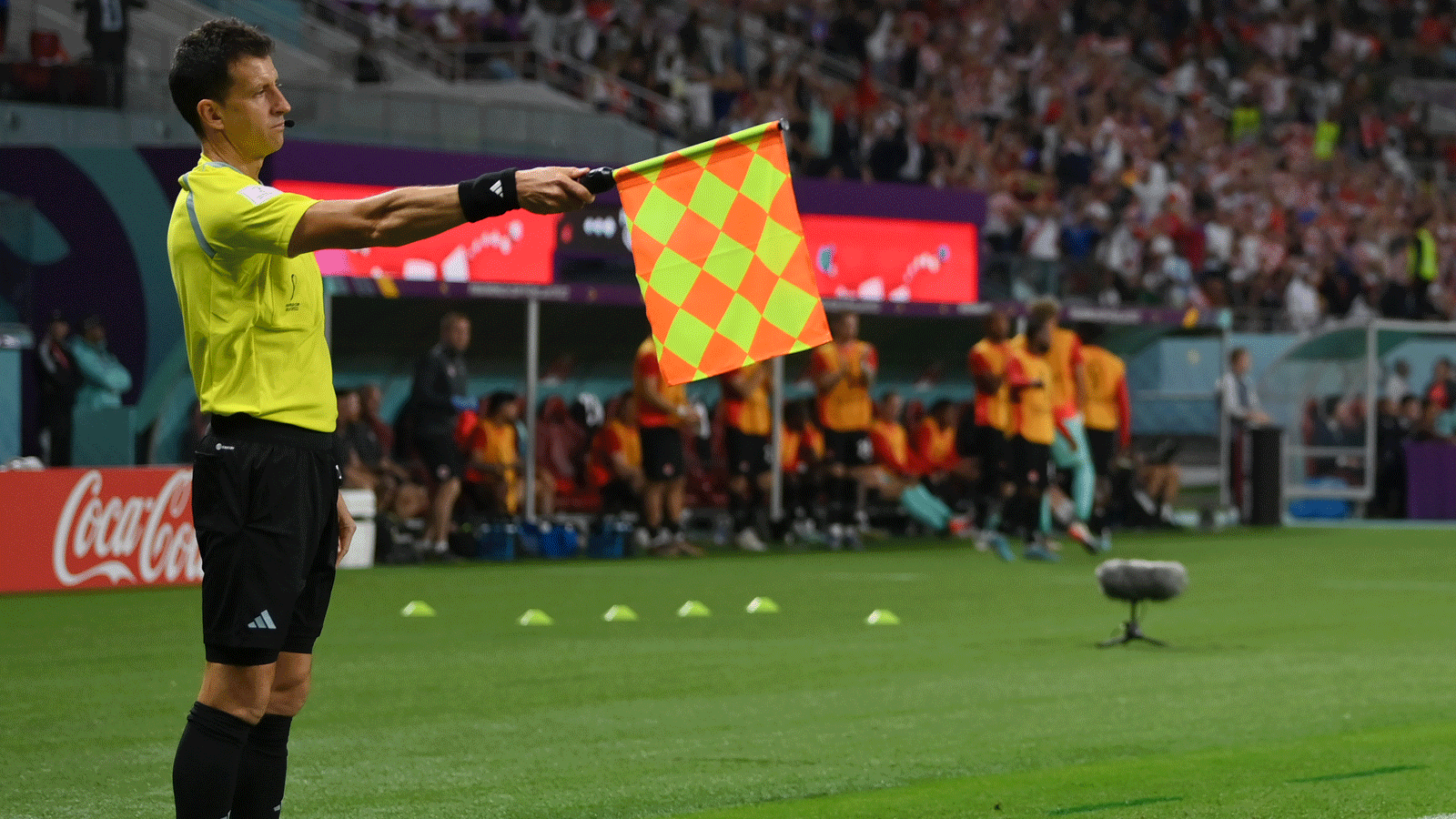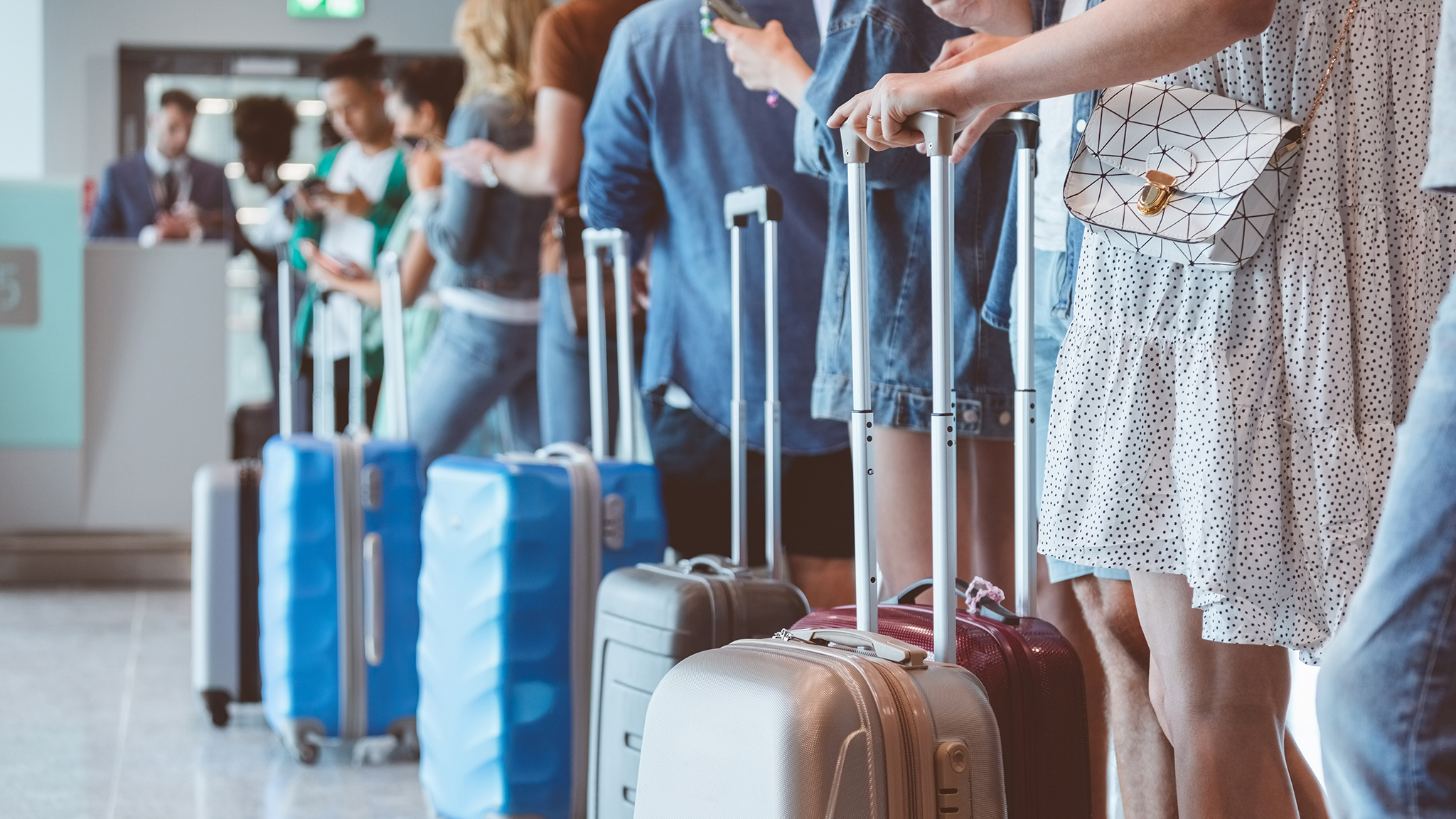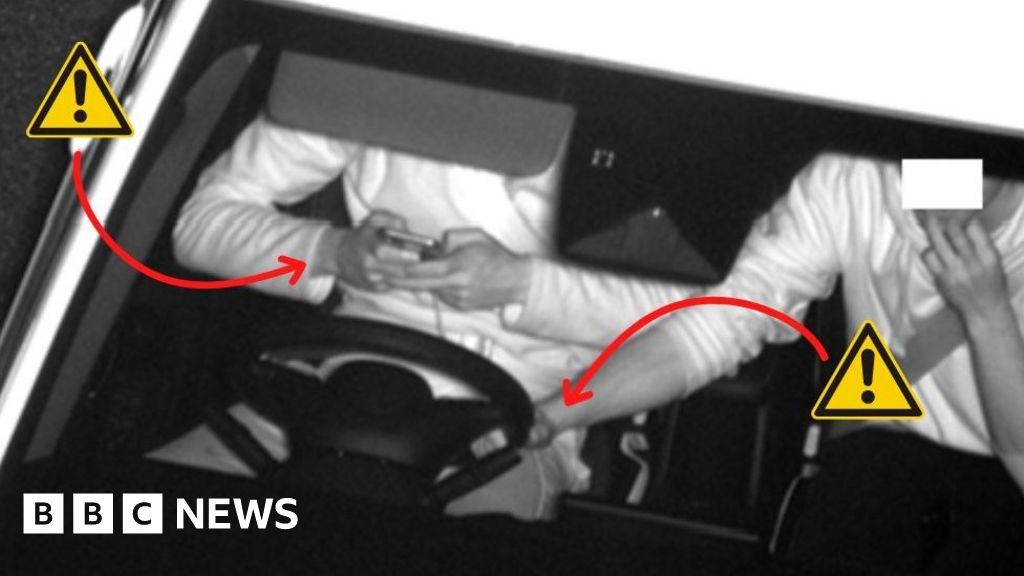dThe flag of the Orkney Islands already resembles the national emblems of the Scandinavian countries: it shows a blue Scandinavian cross shifted to the left with a yellow frame on a red background. Postman Duncan Tollock, from the main island of the archipelago, designed it 15 years ago and the Scottish Heraldry Authority has officially approved it. The flag reminds us that the islands were once under Norwegian-Danish rule. The Danish King Christian I promised it to Scotland in 1468 as a guarantee of the dowry promised to his daughter Margaret, who married the Scottish King James III. married.
On Tuesday, the local council of the 70 islands, 20 of which are inhabited, debated whether now is the time to seek a return to Norwegian sovereignty. The motion asks the local parliament to task the islands’ chief executive with exploring “alternative models of governance” that would provide “greater financial security and economic opportunities” than the islands’ current affiliation with Scotland and the United Kingdom.
The text goes on to say that these investigations should include Orkney’s “Norse connections”. However, options such as the Channel Islands of Jersey and Guernsey, which are administered as crown estates directly by London, or “other options for greater autonomy and independence” should also be considered.
So far there is no financial help from London
“It’s not about us wanting to join Norway straight away,” community director James Stockan said at the start of the consultation, but about looking at all the options. Other councilors agreed: there also needs to be an assessment of the value the archipelago represents to Scotland and the UK – “the true value of the islands”. Historically they are notable, among other things, for having provided the British Royal Navy with an ideal base in the difficult-to-access bay of Scapa Flow during both world wars. In 1919, here also became the scene of the sinking of the annexed German Imperial Fleet.
Today, Orkney residents are also concerned about ships such as the aging fleet of transport ferries that keep traffic between the islands and Scotland’s north coast. For more than a decade, the local government has been negotiating in vain with the ministries of Edinburgh and London for financial aid for the purchase of new ships. The project would have a volume equivalent to 500 million euros, four times the annual budget of the islands.
Stockan reported at the council meeting that he was “completely shocked” by “how they are treating us.” In March, the Scottish regional government promised that a ferry transport task force would look into the matter and develop effective budget recommendations by September. The task force’s first scheduled meeting was canceled in April. In May he wrote to Edinburgh asking for new dates, but to date has received no response. A letter he personally addressed to the Prime Minister in London received only a condescending response from a Secretary of State.
At the council meeting in Kirkwall, the capital of Orkney, there were also voices that warned, for example, about the costs of the planned study. One council member noted that the debate was essentially a consequence of Brexit: in the referendum on leaving the EU in 2016, as well as in the referendum on Scottish independence two years earlier, Orkney residents won more than 60 percent. percent of the votes. voted in favor of remaining in the EU. Now that the devastating consequences of leaving the EU are being felt, what hope is there for Orkney if they leave Scotland and Britain? At the end of the debate, 15 council members voted in favor of attempting to examine the consequences of secession, while six voted against.

“Extreme gamer. Food geek. Internet buff. Alcohol expert. Passionate music specialist. Beeraholic. Incurable coffee fan.”







